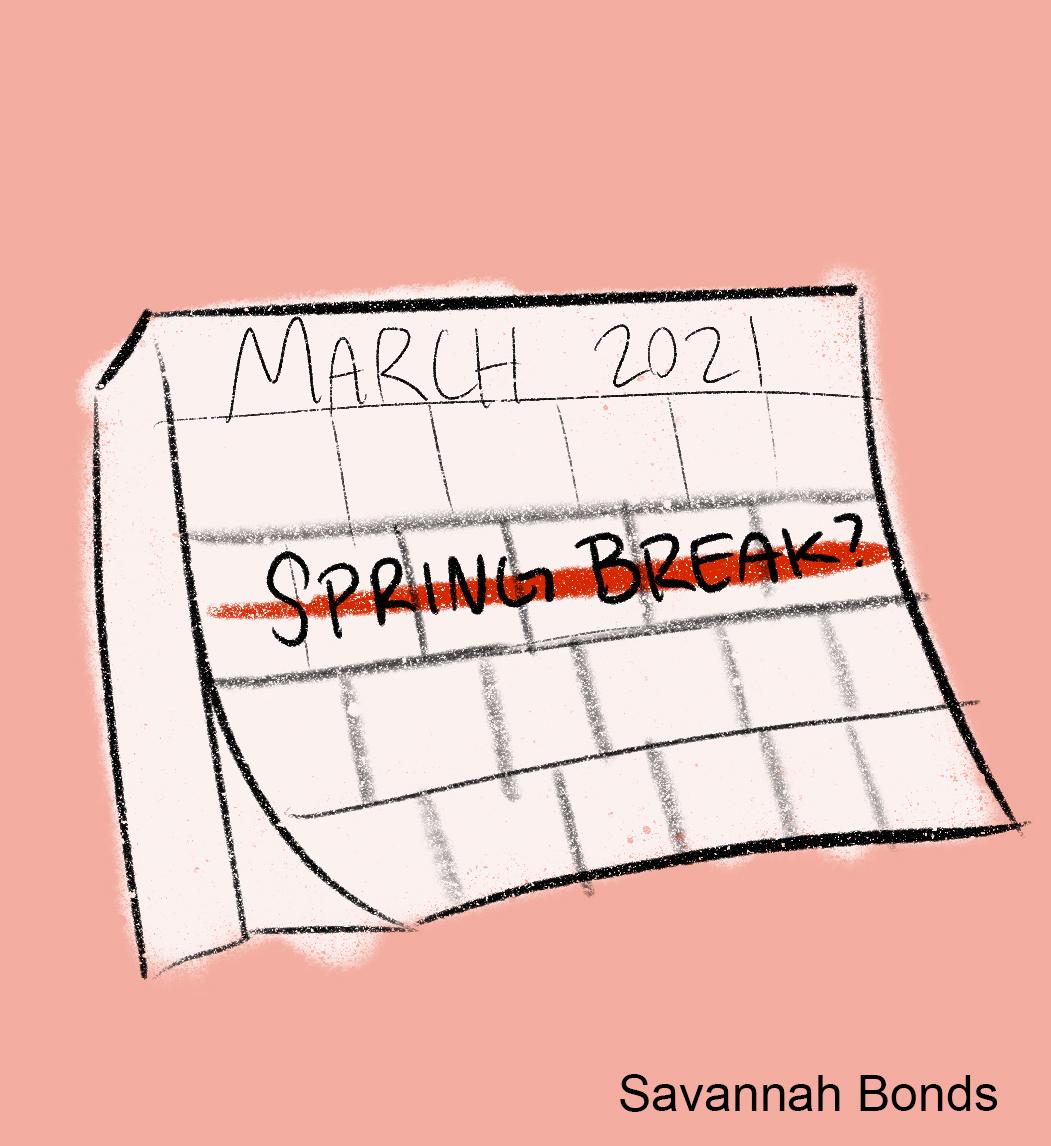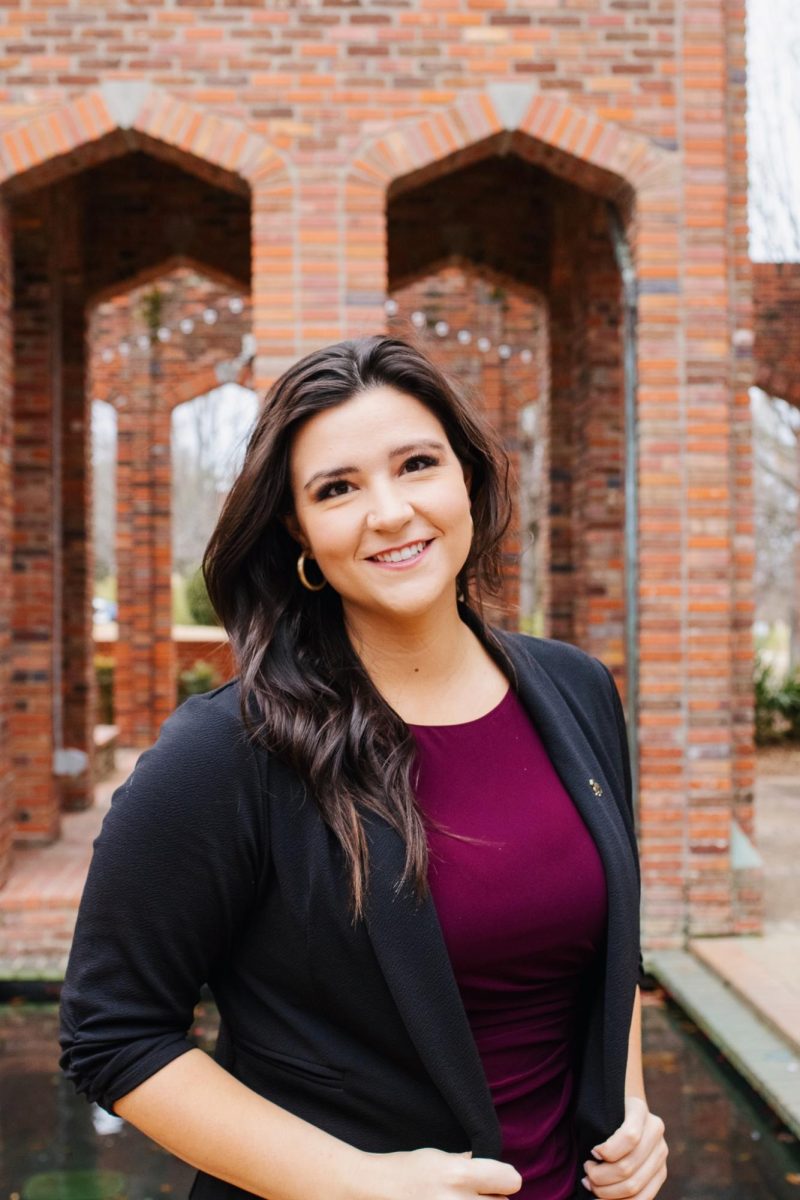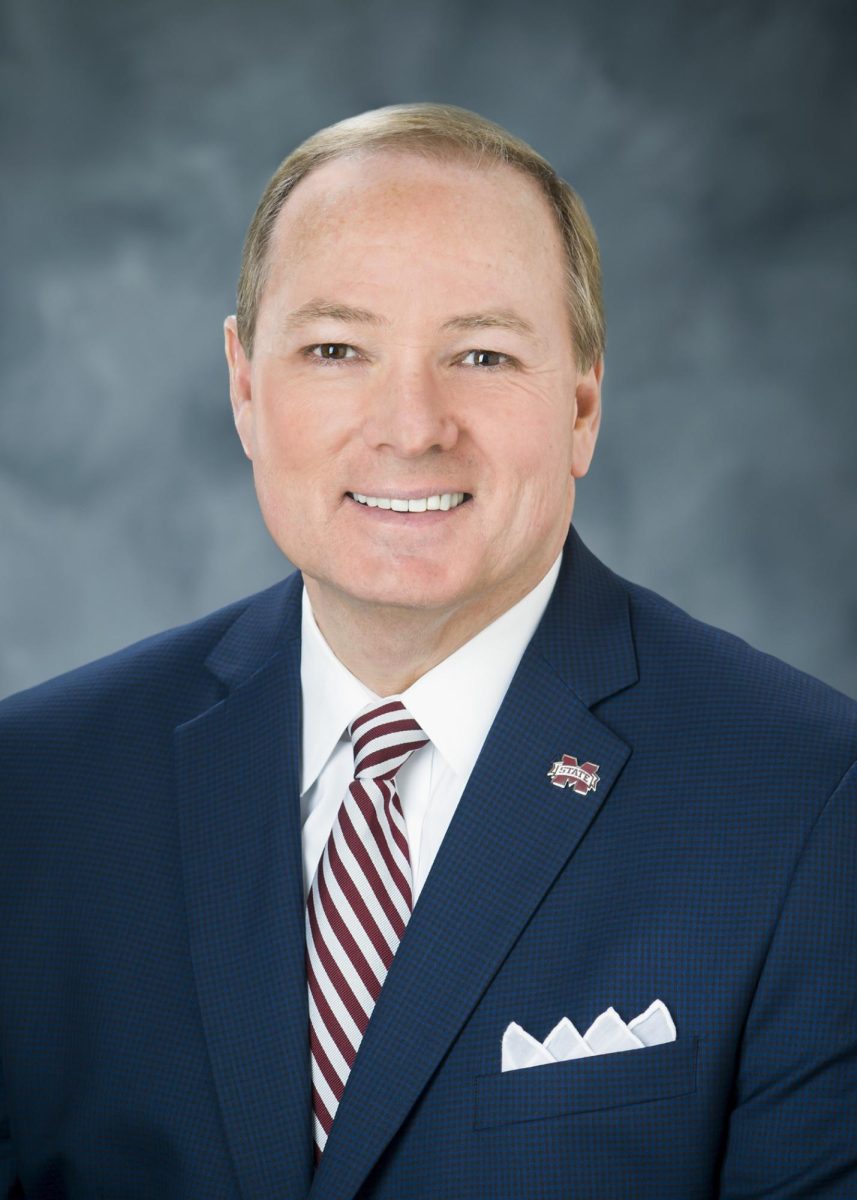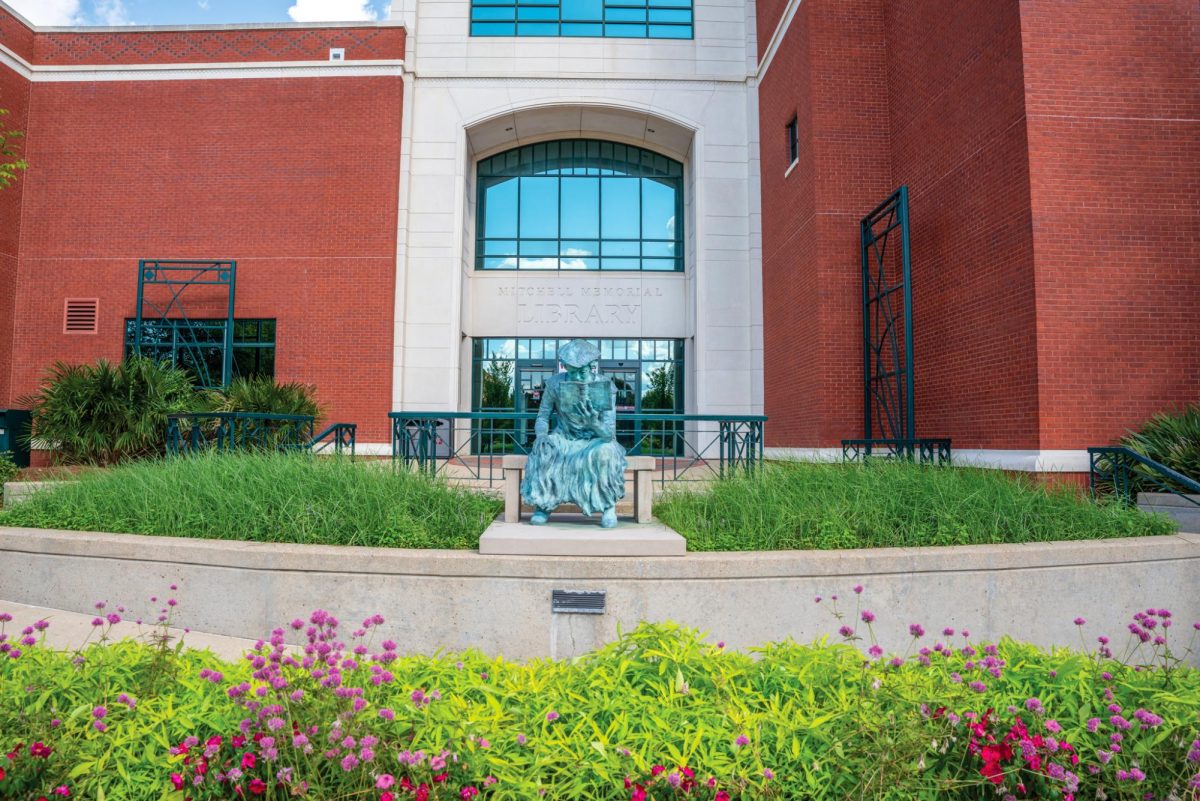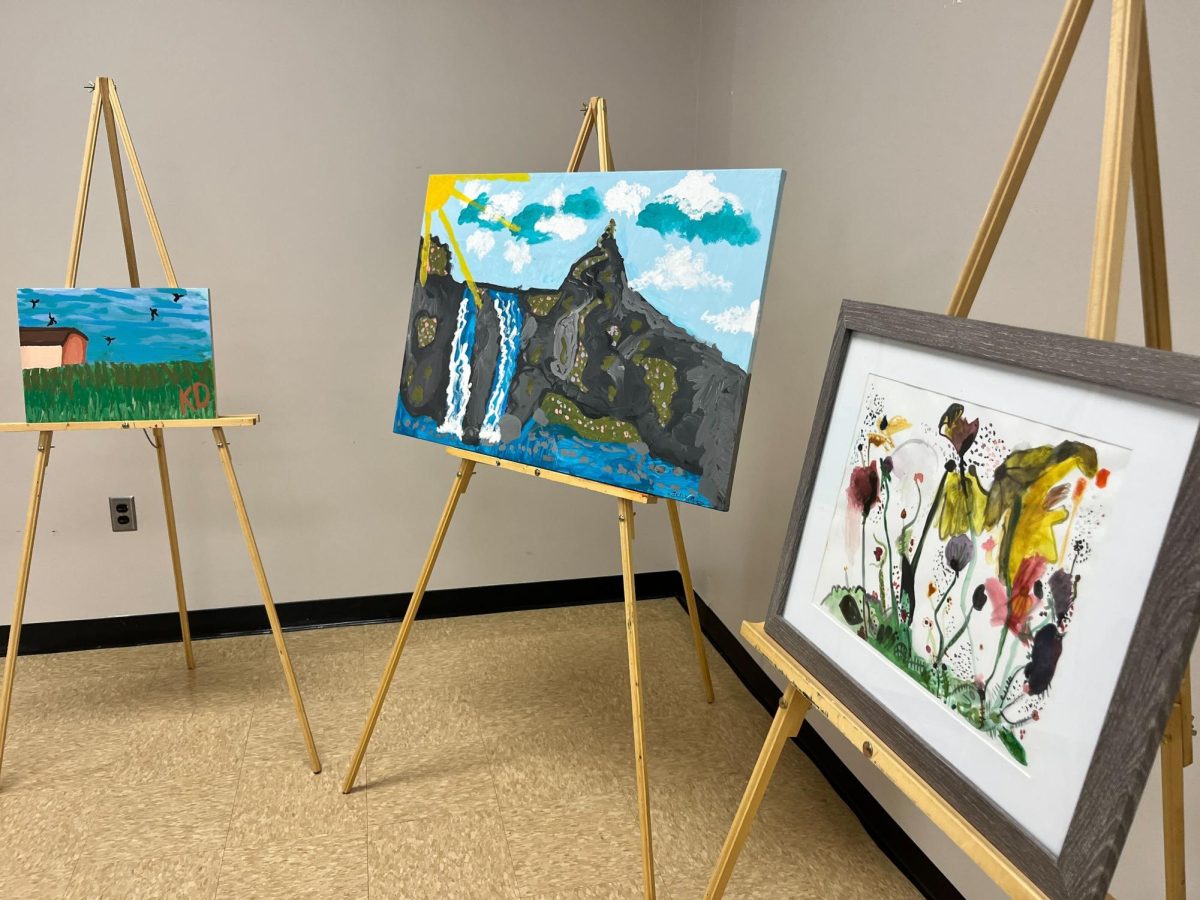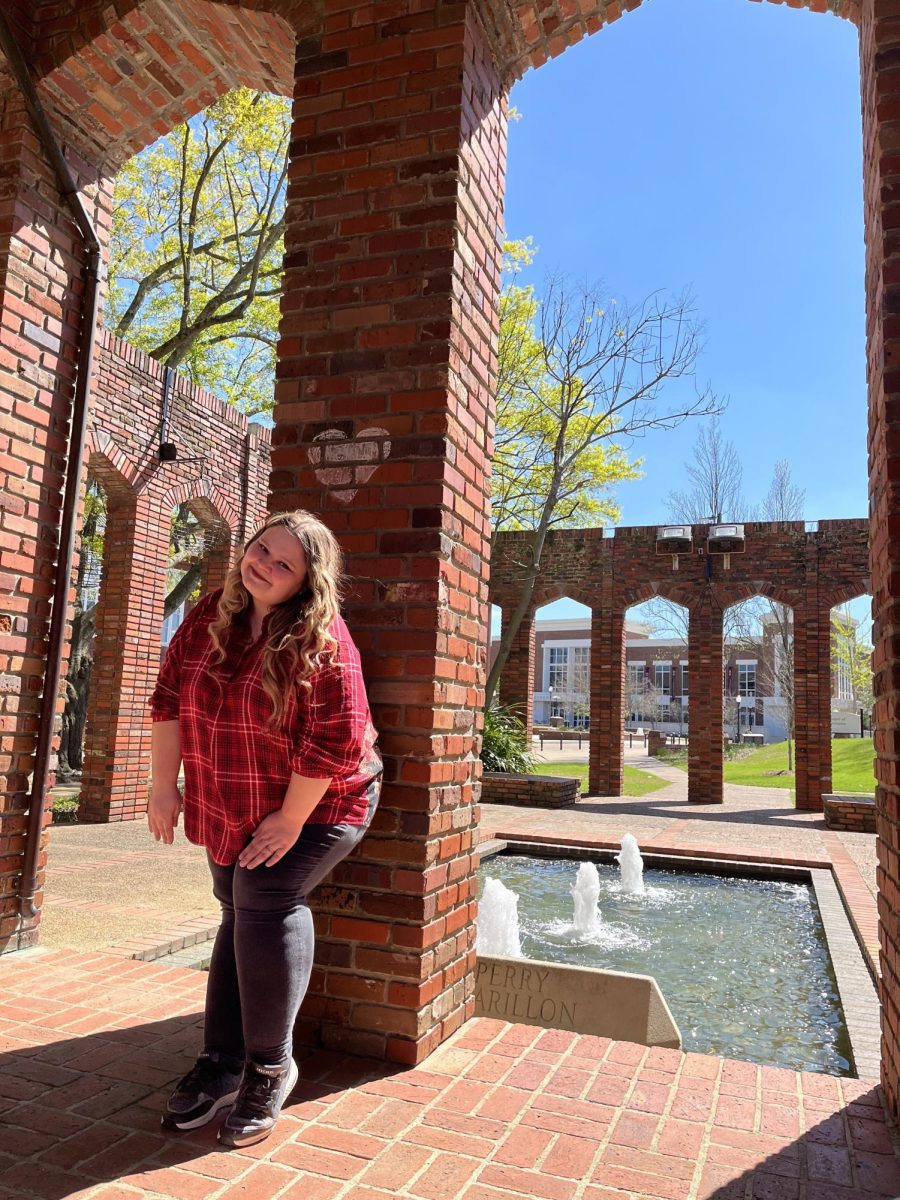Mississippi State University recently instituted amendments to the official COVID-19 rules and regulations such as the cancellation of spring break, random testing of students and faculty and a change to the number of people allowed at an outdoor event, including Greek life parties and swaps. The events were allowed to start back under a trial period or “pilot program.”
The pilot program of events took place over two weekends, and MSU Vice President for Student Affairs Regina Hyatt said she was happy with the results and is halting the pilot program to analyze.
“By all accounts, we had good compliance at those events. Those students were required to participate in our asymptomatic testing, and we are pausing that pilot program to assess our positivity over the course of those events and any impact these events had on our student community,” Hyatt said.
Hyatt described the random testing as a way of monitoring events and residence halls on campus.
“We have begun random asymptomatic testing, and we have done that by identifying residence halls, student life groups and student life events as the places where we’ll conduct random testing. And we have randomly selected students out of those subpopulations, contacted those students to let them know they have been selected and are conducting that through Longest Health Center,” Hyatt said.
Hyatt explained the decision to cancel spring break as a measure to limit traveling and exposure to COVID-19, similar to the decision to end the fall semester before Thanksgiving break.
The changes have not been without controversy, with one student going as far as to write an open letter to Hyatt. Brady Kruse, a senior in computer science, voiced his concerns to Hyatt, saying in the open letter, penned on Oct. 1, that he “seriously questioned the merit” of hosting these larger events.
Hyatt said in her response to Kruse that “we had good compliance with the guidance” for the events held recently. Kruse was satisfied with this response, but said he “certainly disagreed with some things.”
Kruse was skeptical from the get-go of the pilot program and the nature of the events being held.
“While case numbers are down, a great way to stop case numbers going down is to host these large events. I think for our first attempt at social gatherings and letting students congregate, it should be something with a bit more tangible benefit to it than just having a good time and partying,” Kruse said. “Something that benefits all students and something we can point to as a reason we’re allowing this to happen.”
Kruse also spoke of his personal experience as an editor for The Streetcar, a creative journal on campus, as a source of his skepticism.
“We struggle to have 15 people in a room for our meetings. We have to WebEx people in, and it’s a mess,” Kruse said. “That reflects poorly on the university for our first attempt at this to be something that is dedicated to partying and social engagement, rather than something that provides a benefit to all students equally and is inclusive in and of itself.”
Kruse did not want to seem only disparaging and said he respects the university and its administration. He added he approves of almost every measure the university has taken to stop the spread of the virus.
Tyler Melvin, a junior history major, was also skeptical but mostly supportive of what the university has done up to this point.
“I have more in-person classes than most students, and those also offer online options,” Melvin said. “I think people need to take it more seriously, so we can get to all in-person.”
Melvin also did not entirely approve of Greek life being allowed to host events under the pilot program but said he understands it, since Greek life is very influential on campus.
Melvin said he wishes some regulations would be enforced more.
“I like that they offer in-person and online; I wish they’d enforce mask wearing more heavily. Keep regulations in place that we have now, and enforce other policies more heavily. Not enough enforcement. Mississippi is still a hot COVID-19 area,” Melvin said.
While some have been skeptical, Hyatt is still hopeful for the future of MSU’s efforts to address the pandemic.
“I just want to communicate how proud I am of our students, their resilience in this very uncertain time, and so appreciative of their commitment to wearing their masks and being responsible with their personal behavior,” Hyatt said. “We understand that this online experience can be very isolating, and we’re certainly trying to ensure the mental well-being of our students. I think we have tried to strike the right balance there.”
Spring break is canceled, but Greek sees fewer restrictions
About the Contributor
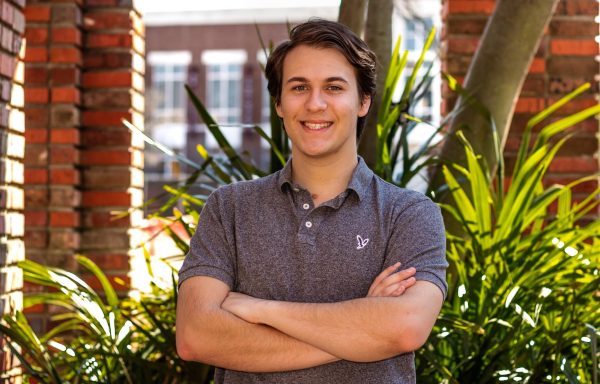
Joshua Stewart, Former Life & Entertainment Editor
Joshua Stewart served as the Life & Entertainment Editor in 2022.
Donate to The Reflector
Your donation will support the student journalists of Mississippi State University. Your contribution will allow us to purchase equipment and cover our annual website hosting costs.



















































































